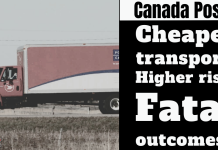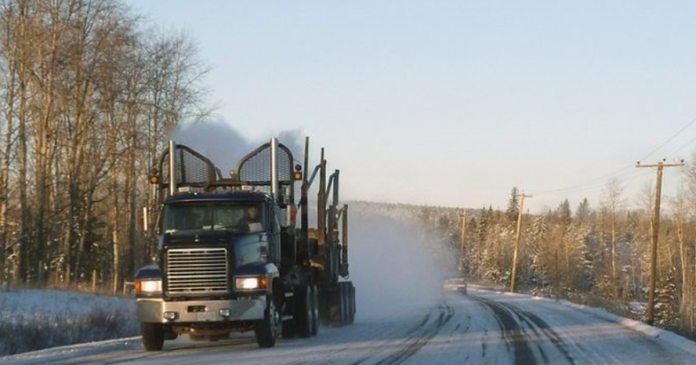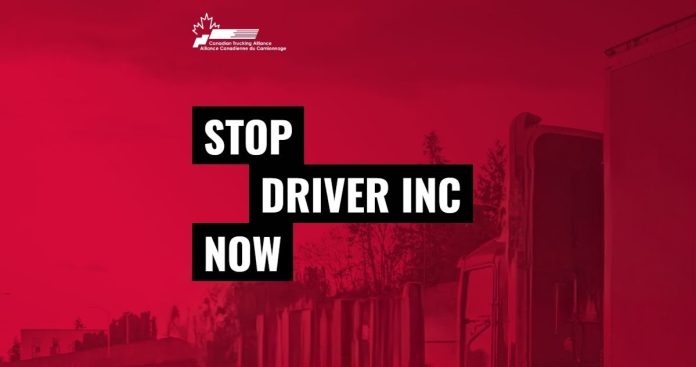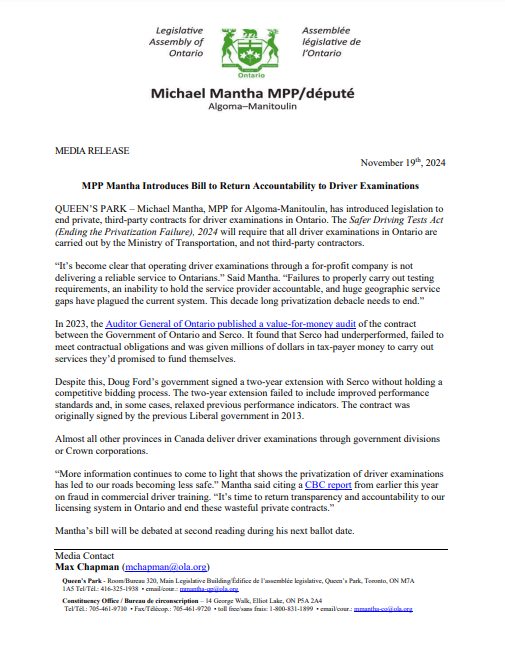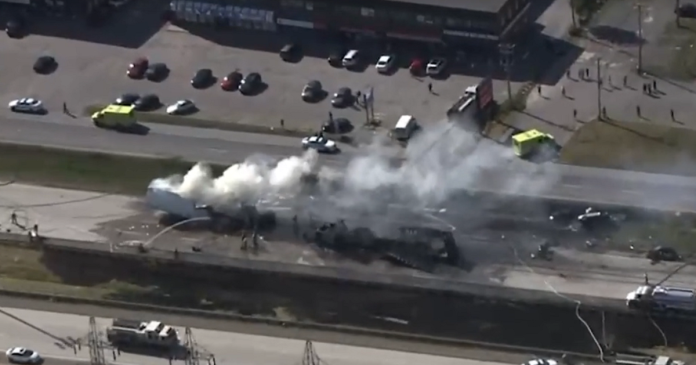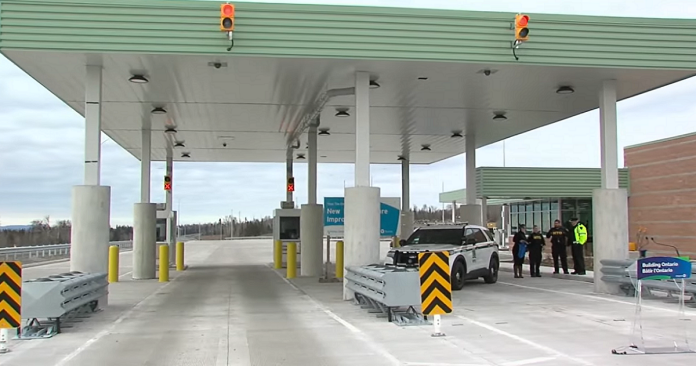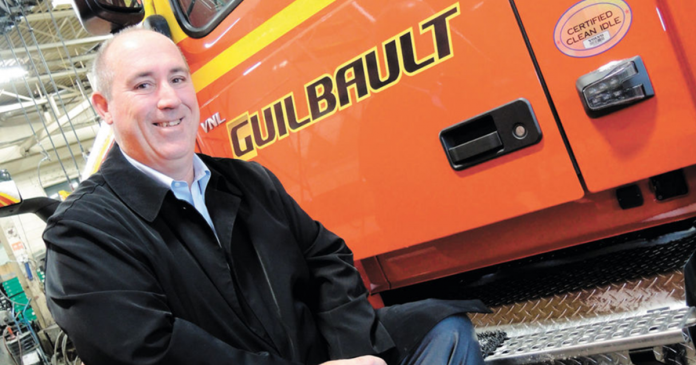Highway 11/17, stretching through Northern Ontario, is a critical segment of the Trans-Canada Highway, connecting the East and West of the country. However, this vital corridor has become a source of fear and frustration for both drivers and local residents alike.
Testimonials from residents reveal deep concerns about safety, infrastructure, and regulation. Coupled with alarming statistics, they paint a troubling picture of this crucial route.
High traffic volume on inadequate roads
Highway 11/17 remains largely a single-lane highway in each direction, a fact that astonishes many given its strategic importance. Unlike other provinces that have expanded the Trans-Canada Highway to four lanes, Ontario lags significantly behind. The lack of regular passing lanes forces drivers to take reckless risks, leading to frequent head-on collisions and unsafe driving practices.
A glaring lack of training for commercial truck drivers
One of the most pressing concerns is the insufficient training of commercial motor vehicle drivers, as reported in the CBC Marketplace investigation. Residents frequently report reckless behavior by these drivers, including hazardous passing maneuvers and a lack of preparedness for winter conditions. This issue is exacerbated by regulatory gaps in training centers, with some accused of issuing licenses without ensuring proper instruction.
Jes Aasmae
“A trucker on Hwy 17 killed my husband 💔.”
Inadequate road maintenance, especially in winter
Winter conditions amplify the dangers on this route. Criticism abounds regarding delayed or insufficient snow removal, often forcing authorities to close entire sections of the highway. Additionally, the narrow lanes in winter exacerbate the risks, leaving vehicles with insufficient space to maneuver safely. In cases of emergency stops, vehicles often encroach into the lane, creating an unprecedented hazard.
Heavy trucks tend to hug the center line to navigate, while poor weather frequently obscures lane markings, further heightening the risk of head-on collisions. These closures and hazards not only disrupt traffic but also jeopardize travelers seeking essential or medical services. The inadequate winter maintenance and design reflect a glaring lack of investment in public safety.
Reckless behavior from all types of drivers
The issues aren’t limited to the lack of proper training for some of the truckers. Numerous accounts highlight impatient, distracted, or aggressive behavior from passenger vehicle drivers, further adding to the chaos. Speeding, tailgating, and dangerous overtaking are common, multiplying the risks of severe accidents.
An under-monitored network
Gaps in police surveillance and regulation enforcement reinforce the sense of insecurity. While dashcams and increased police presence are recommended, their absence across most of Highway 11/17 allows dangerous behaviors to proliferate unchecked.
Although there are weigh stations along the route, they are too often closed, limiting their ability to act as a deterrent. These stations must remain open and be empowered to crack down on illegal truck operators as much as possible, ensuring stricter oversight of commercial vehicles to improve overall safety. We commend the authorities who work tirelessly along this highway; their efforts are vital, but they lack the necessary support and funding to address the full scope of challenges.
Devastating human impact
The human toll on this highway is tragically high. Highway 11/17 is often referred to by locals as the “Highway of Death.” These accidents not only result in fatalities but also cause life-altering injuries and trauma for survivors and their families. Lives are shattered by a system perceived as lax and ineffective.
An highway that fails its communities
Beyond its human cost, Highway 11/17 is a significant barrier to Northern Ontario’s economic development and access to essential services. Fear of traveling on this dangerous route discourages tourism and commercial transport, isolating rural communities and hindering their growth. Moreover, the region’s healthcare infrastructure is stretched thin, forcing residents—especially in emergencies—to travel hundreds of kilometers for care. Expectant mothers, for example, often face perilous journeys to reach facilities equipped for childbirth, increasing the risk of complications. This reality underscores the urgent need for safer infrastructure to support both the wellbeing and prosperity of Northern Ontario’s communities.
Ron Silver
“I need to get from Dryden to Thunder Bay for medical issues, afraid to do in case involved in a crash or road closure.”
An urgent need for infrastructure modernization
Addressing the pervasive issues plaguing Highway 11/17 requires more than incremental fixes—it demands a transformative overhaul. Experts and residents alike stress the need for substantial investments to bring this critical corridor up to modern standards. Proposals extend far beyond doubling lanes or adding passing areas, emphasizing winter-specific design improvements, enhanced lane visibility, and the permanent operation of weigh stations with robust enforcement to eliminate unsafe vehicles.
Rest stops must be expanded and maintained year-round to provide safe havens for drivers, particularly during extreme weather. Furthermore, the integration of advanced monitoring systems, including traffic cameras and real-time condition updates, is essential for proactive safety management. Only through a comprehensive and bold approach can the highway meet the safety, accessibility, and efficiency needs of the communities and industries it serves.
A stark contrast in highway safety
Highway 11/17 in Northern Ontario has earned a reputation for frequent accidents, particularly involving heavy trucks. In 2022, the Ontario Provincial Police (OPP) reported over 9,100 collisions involving large trucks across the province, with 71 fatalities—many occurring on routes like Highway 11/17. By comparison, Highway 401, despite higher traffic volumes, has seen significant safety improvements following major upgrades, including lane expansions, concrete median barriers, and improved interchanges. Once known as “Carnage Alley,” sections of Highway 401 have become markedly safer due to these investments.
The contrast highlights the critical need for similar modernization efforts on Highway 11/17. Expanding lanes, improving signage, and adding barriers could drastically reduce the number of accidents and align its safety standards with other major Ontario highways.
A call for government accountability
Provincial and federal governments are under scrutiny for their inaction. While billions are allocated to other road projects, Northern Ontario residents feel neglected. A strong political commitment is essential to prioritize this highway and prevent further tragedies.
The urgency of action cannot be overstated
Despite the well-documented dangers, authorities have largely failed to act. The knowledge of these issues is not new, yet the lack of meaningful intervention raises serious questions. Why are lives being put at risk on a daily basis? Why are citizens too afraid to drive on their own highways, and why are truck drivers leaving the profession? This is not just a matter of infrastructure; it is a matter of human lives and dignity.
Barbara Moores – Nevinger
“Highway 17 near Serpent River. Is a highly signed pedestrian area, small community. There should be flashing lights above the pedestrian signs and maybe safety barriers to protect pedestrians walking. My son was killed by a speeding truck recently, on that stretch. Manitoulin Island has lights above their pedestrian signs, these lights are a secondary precaution. Cameras would also be an idea 💡 spread out along 17 and 11. Way too many loved ones are dying on these highways. Or expand to more lanes, Trans-Canada Highway still runs like small-town roads.”
Continued inaction is unacceptable. The government must take immediate and decisive steps to address these issues before more lives are needlessly lost. Highway 11/17 is far more than just a road—it is a critical lifeline for countless communities and a vital artery for Canada’s economy. Authorities must demonstrate respect not only for their citizens but also for the truckers who keep the supply chain moving. These workers are not mere tools of commerce; they are human beings who deserve safe working conditions and recognition for their essential role. The time to act is not tomorrow—it is now.
Follow Hwy 11/17 kills people – La route 11/17 tue des gens.



